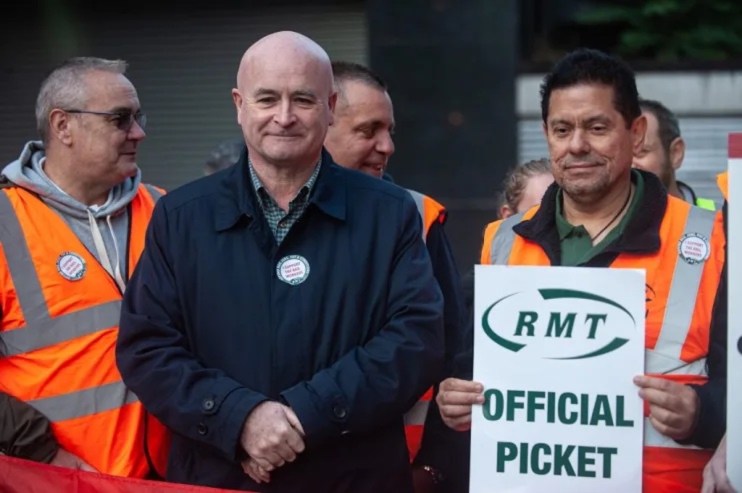Minimum service law will lead to wildcat strikes, RMT boss Mick Lynch warns

RMT General Secretary Mick Lynch told MPs today that proposed legislation for enforcing minimum service levels for some services and sectors when strike action is taking place would result in workers walking out without trade unions’ authorisation.
“If we can’t use traditional industrial action, there will be novel forms of action, and there will be wildcat action, which is what happens in France, and Italy, and Spain and elsewhere,” Lynch said. “It’s gonna come back on the Conservatives’ heads I believe.”
The union boss was giving evidence to the Transport Select Committee alongside Mick Whelan, the General Secretary of ASLEF and Rob Jenks, TSSA’s policy officer, on the potential impacts of the controversial Minimum Service Levels Bill, which is making its way through parliament.
All three argued that the so-called anti-strike bill was unsafe, with none agreeing to accept the legislation in any form. Lynch argued it was a “recipe for disaster.”
“We will never support minimum service level. It is undemocratic,” Lynch said. “It goes straight to peoples right to combine and to be democratic, and to have their freedoms expressed in a free democracy.”
The rail bosses also raised concerns that the policy would result in a total breakdown in the relationship between unions and government.
“When things do go wrong like this, and minimum service levels are imposed, those relationships will be broken,” Jenks said.
“In all my 38 years in this industry I cannot see how this can be done safely,” Whelan said. “There will be more action, and it will worsen industrial relations.”